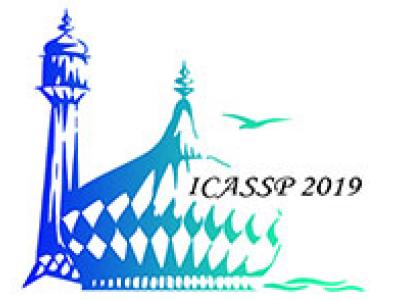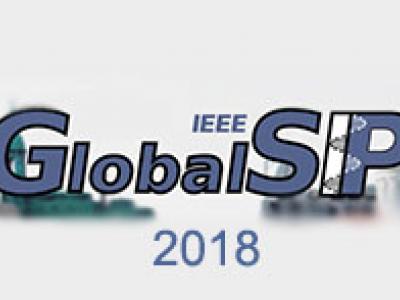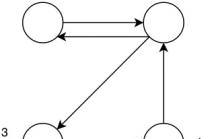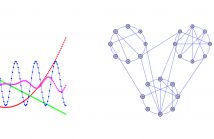- Signal and System Modeling, Representation and Estimation
- Multirate Signal Processing
- Sampling and Reconstruction
- Nonlinear Systems and Signal Processing
- Filter Design
- Adaptive Signal Processing
- Statistical Signal Processing

- Read more about Provably Accelerated Randomized Gossip Algorithms
- Log in to post comments
In this work we present novel provably accelerated gossip algorithms for solving the average consensus problem. The proposed protocols are inspired from the recently developed accelerated variants of the randomized Kaczmarz method - a popular method for solving linear systems. In each gossip iteration all nodes of the network update their values but only a pair of them exchange their private information. Numerical experiments on popular wireless sensor networks showing the benefits of our protocols are also presented.
- Categories:
 66 Views
66 Views
- Read more about A Non-Convex Approach to Non-negative Super-Resolution: Theory and Algorithm
- Log in to post comments
QIAO_HENG.pdf
- Categories:
 32 Views
32 Views
- Read more about Efficient RFI detection in radio astronomy based on Compressive Statistical Sensing
- Log in to post comments
In this paper, we present an efficient method for radio frequency interference (RFI) detection based on cyclic spectrum analysis that relies on compressive statistical sensing to estimate the cyclic spectrum from sub-Nyquist data. We refer to this method as compressive statistical sensing (CSS), since we utilize the statistical autocovariance matrix from the compressed data.
- Categories:
 96 Views
96 Views
In this paper, we discuss the problem of modeling a graph signal on a directed graph when observing only partially the graph signal. The graph signal is recovered using a learned graph filter. The novelty is to use the random walk operator associated to an ergodic random walk on the graph, so as to define and learn a graph filter, expressed as a polynomial of this operator. Through the study of different cases, we show the efficiency of the signal modeling using the random walk operator compared to existing methods using the adjacency matrix or ignoring the directions in the graph.
- Categories:
 34 Views
34 Views
- Read more about Analysis vs Synthesis - An Investigation of (Co)sparse Signal Models on Graphs
- Log in to post comments
- Categories:
 44 Views
44 Views
- Read more about Analysis vs Synthesis - An Investigation of (Co)sparse Signal Models on Graphs
- Log in to post comments
- Categories:
 23 Views
23 Views
- Read more about PREDICTION-BASED SIMILARITY IDENTIFICATION FOR AUTOREGRESSIVE PROCESSES
- Log in to post comments
- Categories:
 8 Views
8 Views
- Read more about Generalized Approximate Message Passing for Unlimited Sampling of Sparse Signals
- Log in to post comments
In this paper we consider the generalized approxi- mate message passing (GAMP) algorithm for recovering a sparse signal from modulo samples of randomized projections of the unknown signal. The modulo samples are obtained by a self-reset (SR) analog to digital converter (ADC). Additionally, in contrast to previous work on SR ADC, we consider a scenario where the compressed sensing (CS) measurements (i.e., randomized projections) are sent through a communication channel, namely an additive white Gaussian noise (AWGN) channel before being quantized by a SR ADC.
- Categories:
 10 Views
10 Views

- Read more about Generation of Correlated PSK Waveforms Using Complex Gaussian Random Variables
- Log in to post comments
This work proposes a direct method to generate phase shift keying (PSK) symbols with desired correlation properties by mapping complex Gaussian random variables. The relationship between the cross-correlation of Gaussian and PSK symbols is derived in closed-form. This non-iterative approach outputs finite-alphabet constant-modulus waveforms capable of matching desired transmit beampatterns.
Poster.pdf
- Categories:
 23 Views
23 Views